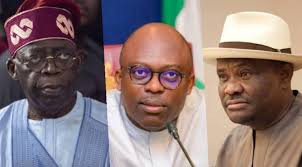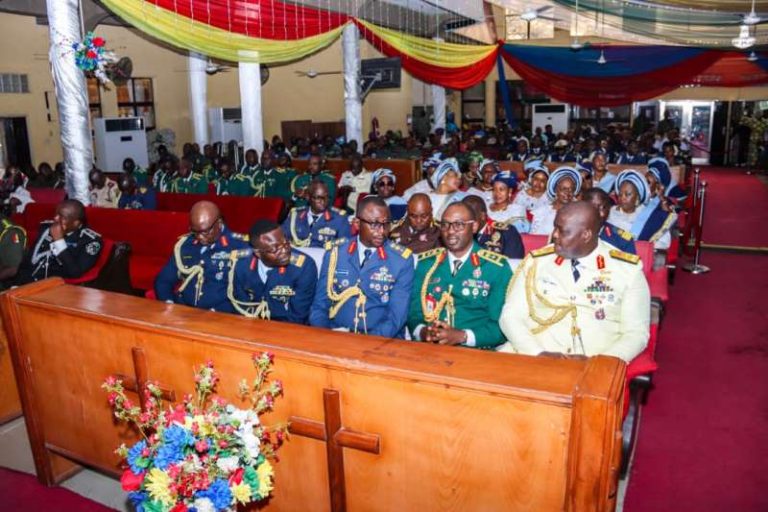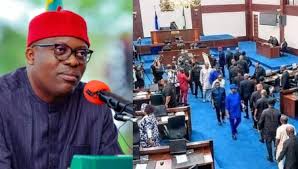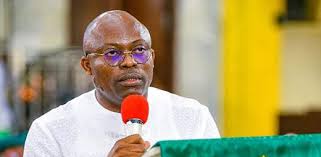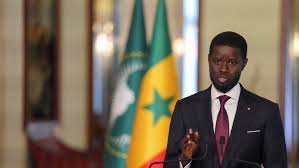
Two Senegalese journalists whose arrests earlier this week triggered widespread outrage have been released, easing tensions amid growing concerns over press freedom in the West African nation.
Both journalists were detained after conducting separate interviews with Madiambal Diagne, a prominent media owner and outspoken government critic who resides in France. Diagne is currently wanted in Senegal on charges of alleged financial misconduct.
Media Raids and Arrests
Maimouna Ndour Faye, director of 7TV, was arrested Tuesday night as her station aired the interview with Diagne.
According to the Senegalese Press Association (CDEPS), “heavily armed gendarmes stormed the network’s offices” and attempted to forcibly remove Faye during the live broadcast.
Her lawyer, Amadou Sall, said Faye was accused of “undermining state security and the authority of the judiciary.” She was released Thursday morning after two days in detention.
In a separate incident, Babacar Fall, director of RFM Radio, was taken into custody on Wednesday shortly after airing his own live interview with Diagne.
“The police stormed our premises and left with Babacar Fall in handcuffs,” an RFM journalist told AFP.
Fall was released later that night without charge and later told listeners he was “doing well.”
Widespread Condemnation
The arrests sparked nationwide backlash from journalists, rights groups, and political figures, who condemned the detentions as an assault on freedom of expression.
The Union of Information and Communication Professionals of Senegal expressed “deep concern,” warning that the arrests “challenge democratic conscience” and mark a dangerous precedent for the country’s independent media.
Several non-profit organizations and press freedom advocates echoed those concerns, calling on the government to respect the constitutional right to free speech and the independence of the press.
Growing Pressure on the Press
Senegal, long regarded as one of West Africa’s more stable democracies, has in recent months seen a rise in prosecutions for opinion-related offences, including those targeting journalists, activists, and opposition figures.
Rights groups say these actions reflect a shrinking civic space and growing intolerance for dissent.
As international watchdogs continue to monitor developments, local media organizations have vowed to remain steadfast in their commitment to independent journalism, despite what many describe as a climate of intimidation. “Journalism is not a crime,” one editor said. “We will not be silenced.”
